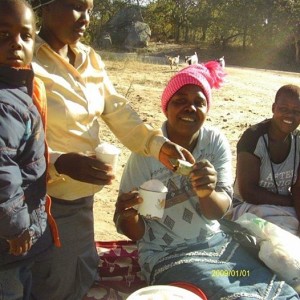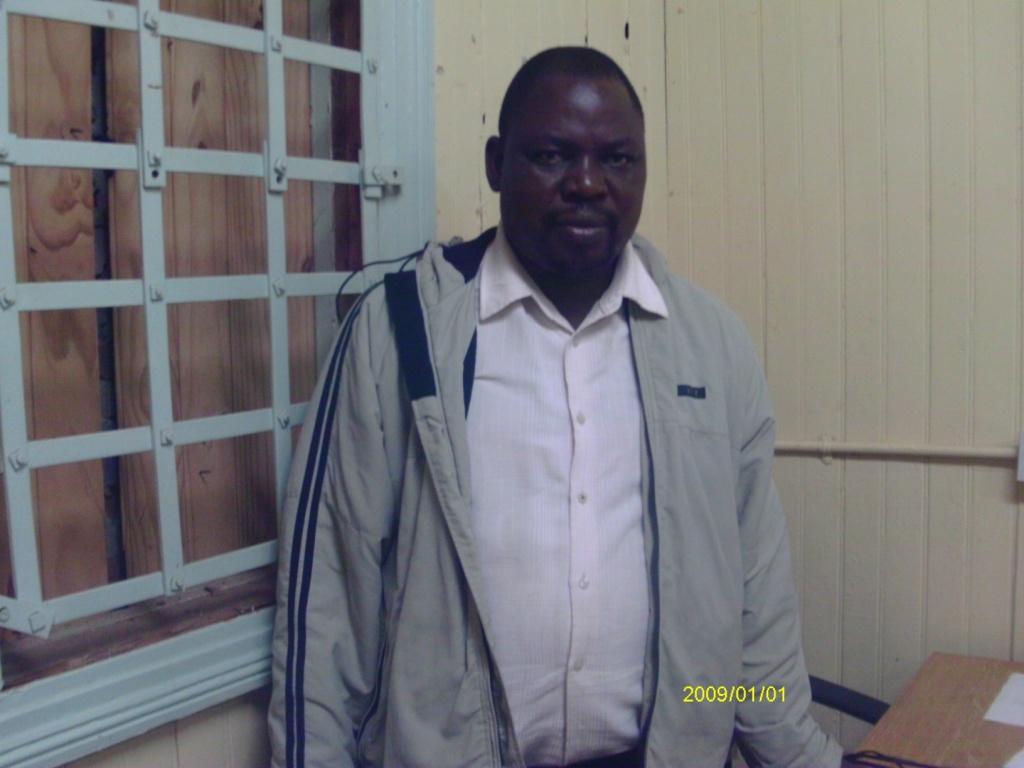In a previous post, “Why Focus on Women?,” we discuss the importance of SKI Charities’ focus on empowering female entrepreneurs and providing education for young women. In the traditional communities of developing countries like Zimbabwe and Chile, where SKIC works, already-marginalized women are often made powerless by circumstances of conflict and unrest, with men historically and culturally standing as the heads of households. To counter these unfortunate standards, the SKIC team directs its efforts toward women to level the playing field and to tap into the entrepreneurial spirit and leadership potential that we believe all women possess.
Our world needs more female leadership – and not just because women are currently underrepresented in formal and informal leadership positions worldwide. Unlike men, who tend to have a transactional leadership style, marked by incentivizing good performance and maintaining order and flow in a workplace setting, women tend to be transformational leaders. According to Alice H. Eagley’s New York Times article “Hybrid Style Works, and Women are Best at It,” a transformational leader “acts as an inspirational role model, motivates others to go beyond the confines of their job descriptions, encourages creativity and innovation, fosters good human relationships, and develops the skills of followers.” This leadership style has shown to be most effective in modern workplaces.
The interpersonal relationships and motivational attitude that transformational leaders bring to their environments are ideal for fostering economic and social growth, and for multiplying the efforts of SKI Charities. With each transformational leader we empower, we hope to send a ripple effect through countries, so that countless more women emerge as leaders, driven to transform their communities and workplaces.




